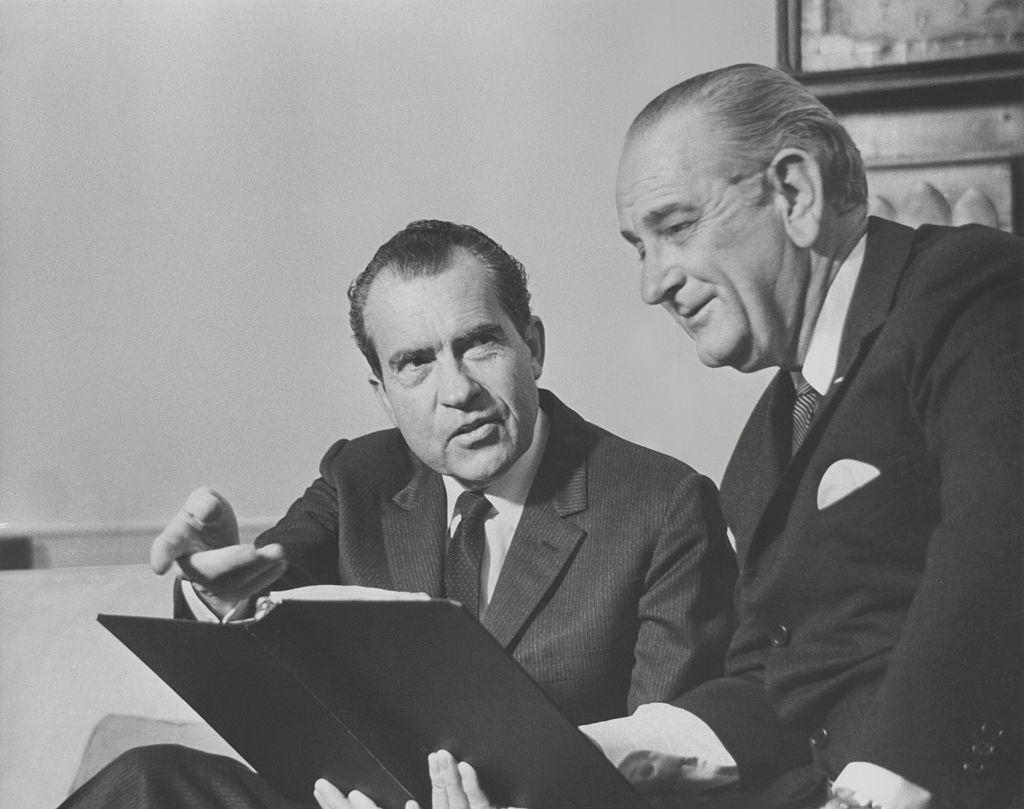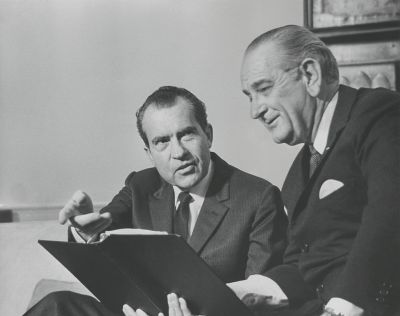This week we celebrate the birth of George Washington: February 22, 1732, near the banks of the Potomac River in Virginia, about 80 miles south of the national capital that bears his name.
We should indeed celebrate Washington and the standard for presidential leadership he set. Even acknowledging the part the first president played in the evils of slavery, we can still rightly call him: “First in war, first in peace, and first in the hearts of his countrymen.”
Washington’s sacrificial leadership at Valley Forge, his steady hand at the Constitutional Convention, his gift for compromise in establishing the new government—all these things and many more would make him a model of leadership.
But perhaps the very best thing Washington did as president was to quit. He stunned the world by stepping aside after two terms. When his old adversary, King George III, heard the news, he couldn’t believe it, saying of Washington: “If he does that, he will be the greatest man in the world.”
And maybe he was. But he believed in his country. Washington also knew that if America couldn’t make it without him, America couldn’t make it at all. As they would say on the North Fork of Short Creek, it was time for America to “root hog or die.”
Washington’s farewell address, published on September 19, 1796, exhorted his fellow Americans to remain virtuous, become better educated, balance the budget, and seek peace with other nations, but, most importantly, to not become divided by partisan factions, lest they be targets of demagogues who would destroy the new republic.
“However [political parties] may now and then answer popular ends, they are likely, in the course of time and things, to become potent engines,” Washington, by the aid of Alexander Hamilton, wrote, “by which cunning, ambitious, and unprincipled men will be enabled to subvert the power of the people and to usurp for themselves the reins of government, destroying afterwards the very engines which have lifted them to unjust dominion.”
Following in Washington’s footsteps was a president who didn’t leave, but proved himself willing to do so.
On November 8, 1864, Abraham Lincoln stood for reelection during the Civil War. No president had won a second term in 32 years and a war-weary nation wanted peace, which Lincoln’s former top general, Democratic nominee George McClellan, promised.
Many Republicans believed Lincoln could use his extraordinary war powers to delay or modify the election, but like Washington, Lincoln believed in America. He couldn’t defend the Constitution and disgrace its principles at the same time. When the campaign began, prospects looked bad for the Great Emancipator, and as the summer delivered humiliating defeats for federal forces it seemed likely that Lincoln would lose. But he held together a coalition for the Union and, thanks in part to overwhelming support from troops in the field voting absentee, won the election and won the war.
“With malice toward none with charity for all,” he said in his second inaugural address, “with firmness in the right as God gives us to see the right, let us strive on to finish the work we are in to bind up the nation's wounds.”
If only he had lived to do that work.
But presidents don’t need the sterling character or leadership gifts of Olympian leaders like Washington and Lincoln to lead by leaving. Far from it.
On March 3, 1968, Lyndon Johnson, the ruthlessly ambitious Texan who had clawed his way to power in a 37-year quest using highly dubious means, shocked the world when he announced at the end of an Oval Office address on the Vietnam War that he was dropping out of the presidential race:
“What we won when all of our people united just must not now be lost in suspicion, distrust, selfishness, and politics among any of our people,” Johnson said. “Believing this as I do, I have concluded that I should not permit the presidency to become involved in the partisan divisions that are developing in this political year.”
Boom.
Johnson knew he couldn’t be president and run for president effectively in a time of national crisis. Physically and mentally exhausted, he couldn’t unite a deeply divided nation.
Johnson’s successor, Richard Nixon, was a man of no less ambition and certainly not above dubious means of gaining and maintaining power. But he had his limits, too. On the evening of August 8, 1974, Nixon addressed the nation from the same Oval Office from which Johnson had shook the world with his announcement six years earlier.
“I have never been a quitter. To leave office before my term is completed is abhorrent to every instinct in my body,” said Nixon in an obviously truthful moment. “But as president, I must put the interest of America first. I shall resign the presidency effective at noon tomorrow. Vice President [Gerald Ford] will be sworn in as president at that hour in this office.”
Nixon, like many of his supporters, believed that he was being persecuted by Democrats and the members of the liberal media who were using the bungled burglary of the Democratic campaign offices at the Watergate Building and its cover-up as a pretext to get rid of a president they hated. A two-tiered system of justice, even. Nixon fought them in the courts. He purged his administration of dissenters. He tried every trick he could think of.
But in the end, rather than subject the country to an impeachment and trial that he knew would have been a delight to America’s adversaries, Nixon went away quietly and let the nation get on with the work of healing.
Now, I’m not suggesting that our current leaders should or could meet the standards of Washington and Lincoln, some of the greatest figures in human history. But what about Landslide Lyndon and Tricky Dick?
Could President Joe Biden find the faith in America and humility to step aside during an election year, as Johnson did? It would be messy—maybe as messy as it was in 1968—but in the wake of the Hur report and the open questions about his obviously diminished abilities, Biden could leave office a hero simply by choosing not to run.
What if Donald Trump was a man of as much character as Nixon? What if, before his second impeachment for sending an angry mob to the Capitol to disrupt the peaceful transfer of power, Trump had resigned and let Mike Pence preside over the final two weeks of the term? Trump would have done something that he will never do by holding power and seeking another term: unite the nation and ensure his place in history as someone who put the national interest ahead of his own.
Remember Washington’s words about “unprincipled men” who “subvert the power of the people to usurp for themselves.” That’s the danger we always face, and that’s why we rely on what Lincoln called “the better angels of our nature” in our leaders—men and women who summon the courage to place their faith in America, not themselves.







Please note that we at The Dispatch hold ourselves, our work, and our commenters to a higher standard than other places on the internet. We welcome comments that foster genuine debate or discussion—including comments critical of us or our work—but responses that include ad hominem attacks on fellow Dispatch members or are intended to stoke fear and anger may be moderated.
With your membership, you only have the ability to comment on The Morning Dispatch articles. Consider upgrading to join the conversation everywhere.